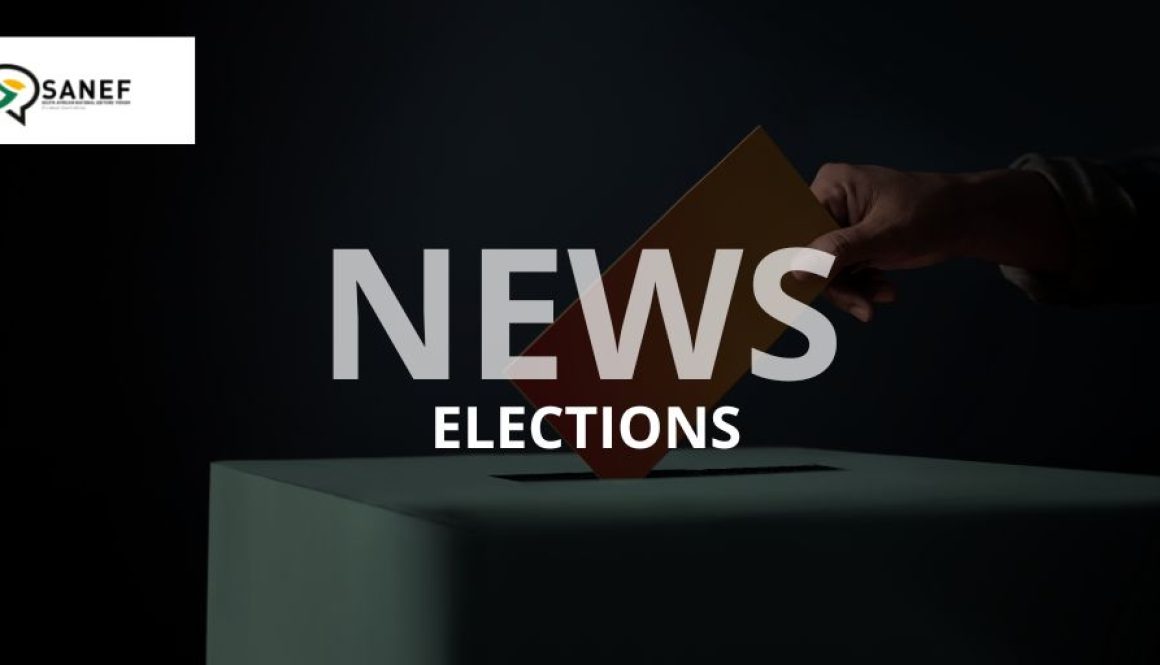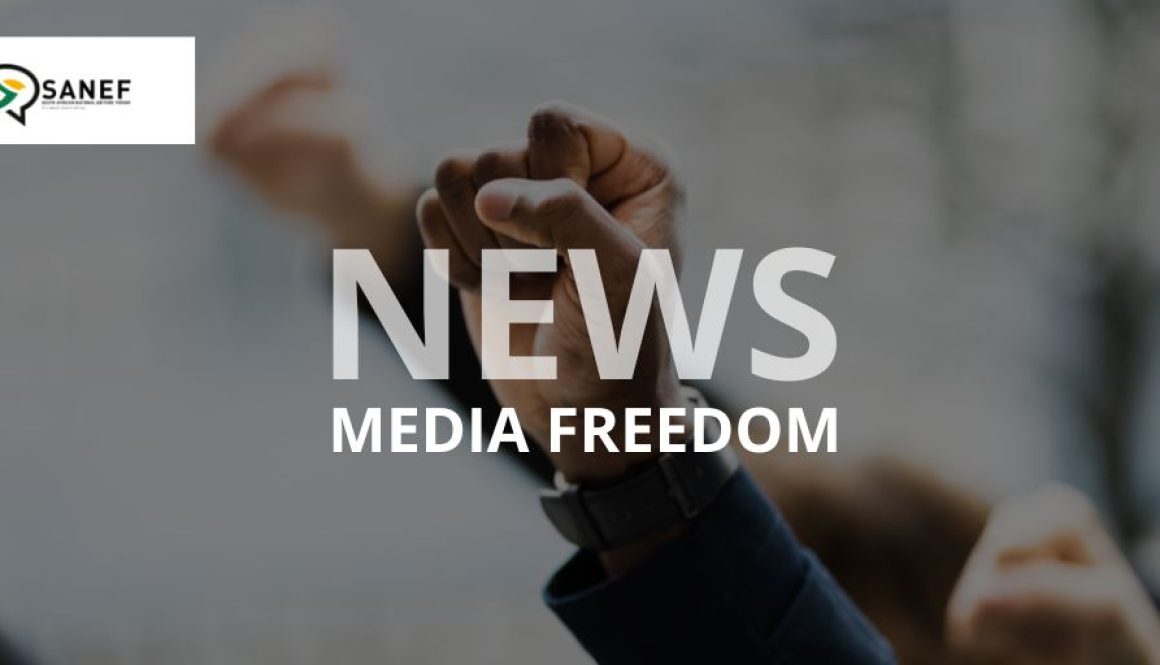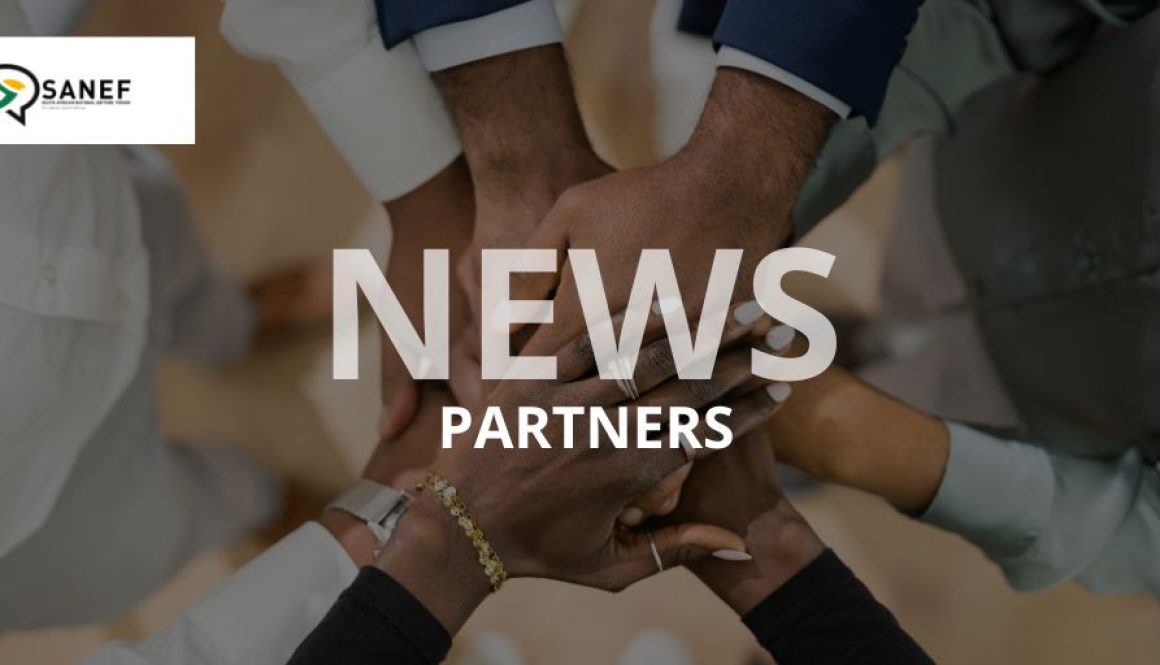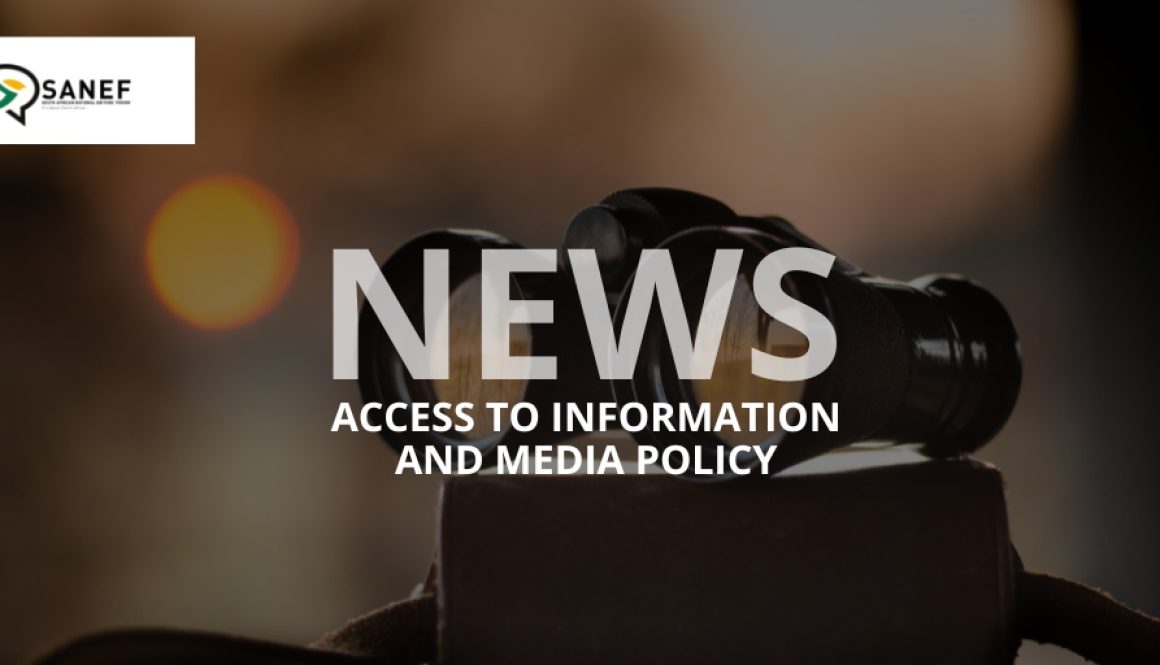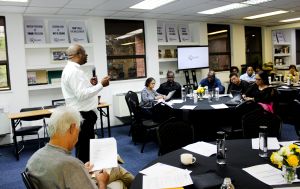Sanef Calls on Newsrooms to Think of Their Audiences When Using Polls
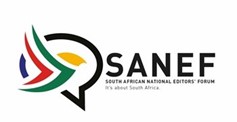
19 March 2024
With election season in full swing, the South African National Editors’ Forum (SANEF) has noted the release of several polls about the upcoming provincial and national elections, and the popularity of certain politicians and political parties.
In recent weeks, there has been a proliferation of election polls, with some of these leaving a lot to be desired when it comes to their depth, audience reach, and what exactly they want to achieve.
As the nation approaches the forthcoming elections scheduled for Wednesday, 29th May 2024, SANEF calls upon editors and journalists across all media platforms to uphold the highest standards of accuracy, fairness, and balance in their reporting.
The weeks leading up to the elections are marked by heightened political discourse, varying opinions, and the dissemination of numerous polls and surveys. While these polls serve as valuable indicators of public sentiment, SANEF emphasises the need for caution and vigilance in their reporting. Opinion polls, if not handled with care, have the potential to sway public perception and influence electoral outcomes significantly.
SANEF urges all editors and journalists to approach the reporting of opinion polls with meticulous scrutiny and a commitment to journalistic integrity.
Newsrooms should always be mindful that the electorate expects well-informed and researched news pieces, and these are audiences that should always be prioritised in our reporting.
Our scepticism as journalists should determine that most of these polls do not paint the full picture of what the electorate says or would decide, hence we always need to dig deeper and ask tougher questions when it comes to these election polls.
SANEF would like to see audiences that engage and follow credible news media making better decisions, hence we call on our members to be mindful in their reporting and analysis of these election polls.
The accuracy, methodology, and timing of polls, among other things, are what we should always consider as the news media. As the election season has started, the news media will be under extreme pressure, yet we should always strive to put our audiences first and consider their shifting opinions.
Note to Editors: The South African National Editors’ Forum (SANEF) is a non-profit organisation whose members are editors, senior journalists, and journalism trainers from all areas of South African media. We are committed to championing South Africa’s hard-won freedom of expression and promoting quality, ethics, and diversity in the South African media. We promote excellence in journalism through fighting for media freedom, writing policy submissions, research, and education and training programmes. SANEF is not a union.
For more information please contact:
- Sbu Ngalwa – SANEF Chairperson (073) 404-1415
- Nwabisa Makunga – SANEF Deputy Chairperson (082) 555-1972
- Prof Glenda Daniels – SANEF Secretary-General (083) 229-9708
- Tshamano Makhadi – Treasurer-General (082) 223 0621
- Makhudu Sefara – SANEF Media Freedom Chair (079) 177-2134
- Katy Katopodis – SANEF Wellness and Safety Chair (082) 805-7022
- Judy Sandison – SANEF KZN Convenor (082) 571-3334
- Heather Robertson – SANEF Gauteng Convenor (083) 3085618
- Rochelle De Kock – SANEF Eastern Cape Convenor (072) 969-8028
- Asanda Ngoasheng – SANEF Western Cape Convenor (082) 610 9374
- Reggy Moalusi – SANEF Executive Director (071) 682-3695

